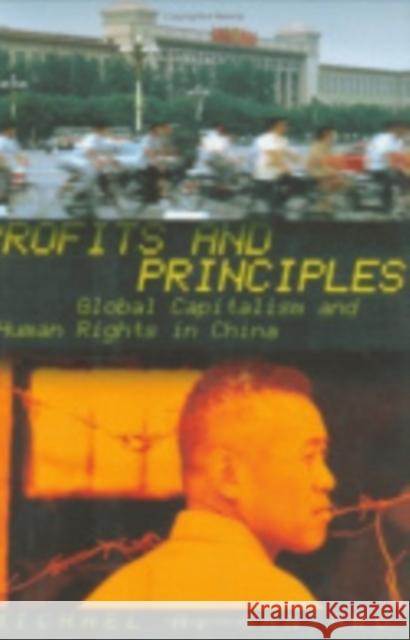Profits and Principles: Global Capitalism and Human Rights in China » książka
Profits and Principles: Global Capitalism and Human Rights in China
ISBN-13: 9780801435010 / Angielski / Twarda / 2000 / 264 str.
After the Tiananmen Square massacre, a vigorous international debate erupted, not only about human rights in China, but also about the role of multinational firms. Should corporations do business in China at all? Should corporations take a stand on such issues? Revelations about serious and pervasive human rights violations in Chinese factories raised even more questions about the clash of profits and principles in China.Michael Santoro investigates these and other dilemmas, exploring the democratic values firms impart to their employees and the values firms often compromise in pursuit of profits. His interviews with foreign business executives, Chinese employees of foreign firms, human rights advocates, and foreign consular officials provide a range of perspectives. His examination of business responsibility for human rights in China also serves as a unique framework for assessing the broader social trends both positive and negative arising from globalization.Santoro discusses the implications of business activities for U.S. foreign policy and provides practical management advice for business executives operating in China and for those considering doing so. Surprisingly, he finds that President Clinton's program of "comprehensive engagement," which has drawn severe criticism, may in fact create a positive human rights "spin-off." Santoro's "fair-share" theory is a unique and thoughtful effort to draw the line between what moral principles do and do not require of businesses operating in China."











